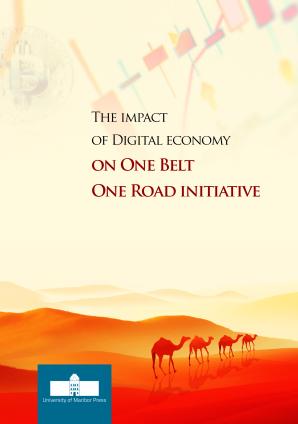V. Aligning Business Solutions and Business Requirements for Digital Transformation – Case Research
Synopsis
This study explores how Business and IT Alignment (BITA) influences business performance (PERFO) and corporate sustainability (SPACS) using a mixed-methods case study of an international manufacturing enterprise. The quantitative analysis (PLS-SEM) indicated BITA affects PERFO indirectly through IT service quality (ITSQ), while remote work (EWORK), despite its relation to BITA, showed no significant impact. BITA strongly predicted SPACS by enhancing employees’ sustainability knowledge, confidence, and willingness to act. Qualitative findings from semi-structured interviews revealed a BITA maturity of 3.3 (on a 5-point scale), highlighting its role in sustainability via better decision-making, process optimization, and IT-enabled transparency. Notable discrepancies between managerial and employee perceptions of BITA maturity were identified. Results suggest successful BITA fosters sustainability-oriented behaviour and IT-driven performance improvements, though continuous reinforcement within organizations is required. The study emphasizes the value of integrating qualitative and quantitative methods for comprehensive insights into BITA's impact.
Downloads
Pages
Published
Categories
License

This work is licensed under a Creative Commons Attribution-NonCommercial-ShareAlike 4.0 International License.






